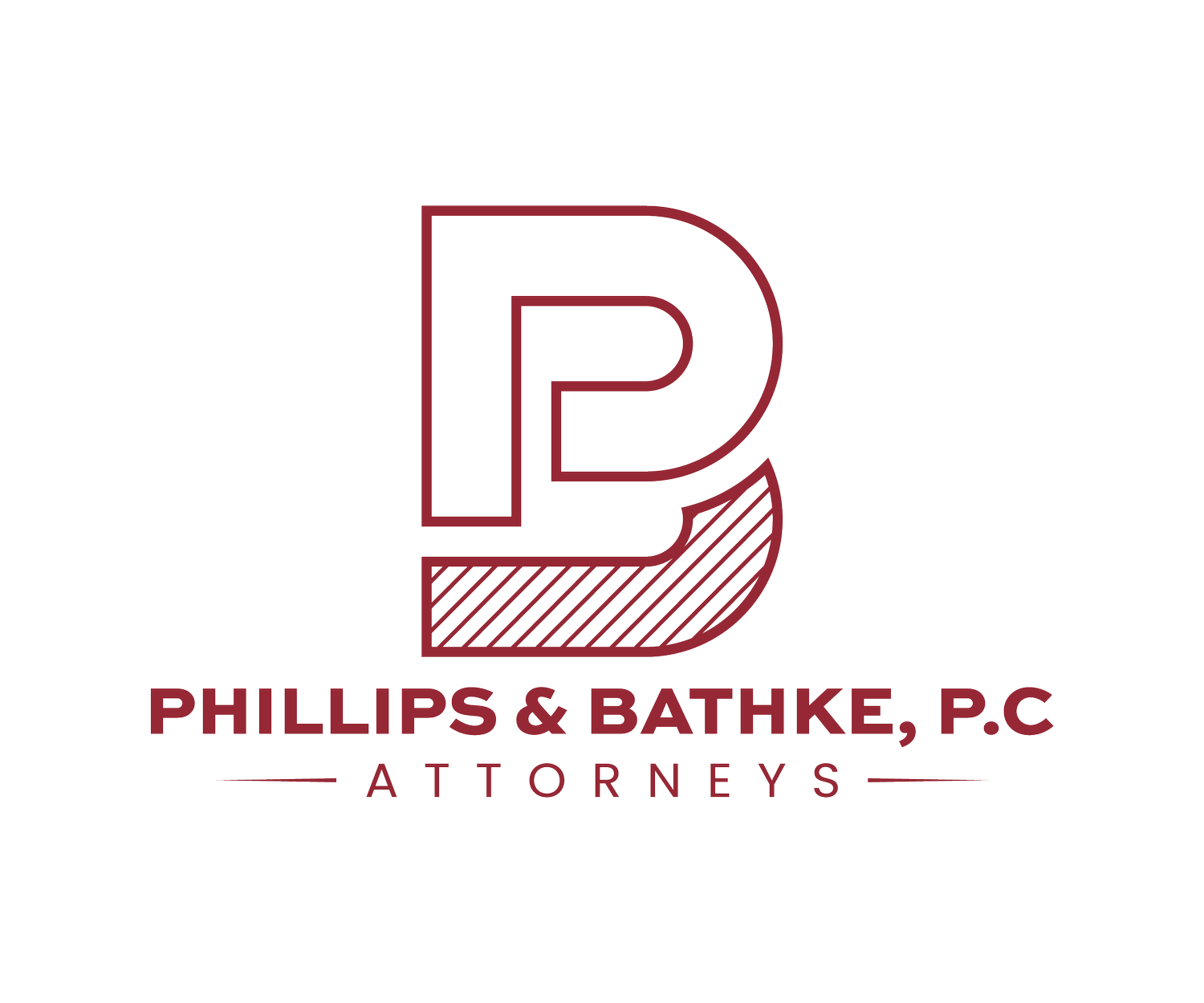Are you providing paid leave in illinois? if not, you are breaking the law.
The Illinois General Assembly introduced a significant new laws (and now regulations) aimed at improving worker benefits through the Paid Leave for All Workers Act. This law, codified under 820 Ill. Comp. Stat. 192, mandates that private employers provide paid leave to their employees, marking a substantial shift in how businesses manage employee time off. At Phillips & Bathke, P.C., we represent a number of businesses navigating these changes and are here to break down the key points and recent regulatory updates that affect your operations.
Key Provisions of the Paid Leave for All Workers Act
Under the Paid Leave for All Workers Act, private employers in Illinois are now required to provide:
1. Accrual of Paid Leave: Employees must earn one hour of paid leave for every 40 hours worked. This includes all hours worked, whether regular or overtime.
2. Minimum Leave Requirement: Employees are entitled to at least 40 hours of paid leave per 12-month period. This leave accrues based on hours worked, but the minimum guarantee ensures that employees receive a baseline amount of paid time off annually.
3. Leave Rate: The paid leave must be provided at the employee’s regular rate of pay, ensuring that the leave is financially equivalent to their working hours.
4. Penalties for Non-Compliance: Employers who violate these provisions may face fines of up to $2,500 per violation. This underscores the importance of adhering to the new regulations to avoid financial penalties.
Recent Regulatory Updates
The Illinois Department of Labor has recently implemented regulations under 56 Illinois Administrative Code 200 to detail the application and enforcement of the Paid Leave for All Workers Act. These regulations provide clarity on various aspects of the law, including:
• Accrual Methods: Specific guidelines on how paid leave should be tracked and calculated.
• Record-Keeping: Requirements for documenting accrued and used leave to ensure compliance and facilitate inspections or audits.
• Enforcement Procedures: Processes for handling complaints, investigations, and the imposition of fines for non-compliance.
Implications for Businesses
For businesses represented by Phillips & Bathke, P.C., understanding and implementing these new regulations is crucial. Here are some key steps to take:
1. Review and Update Policies: Ensure that your employee handbook and leave policies are updated to reflect the new requirements. This includes outlining how paid leave accrues and the process for requesting and using it.
2. Adjust Payroll Systems: Integrate the accrual of paid leave into your payroll system to accurately track leave accrual and usage. This helps in maintaining compliance and avoiding potential fines.
3. Training and Communication: Educate your HR team and managers about the new regulations and how they impact employee leave management. Clear communication with employees about their rights under the new law is also essential.
4. Compliance Monitoring: Regularly review your practices to ensure they align with the new regulations. Consider conducting internal audits or consulting your attorney (or us) to address any compliance gaps.
Need Assistance?
Navigating new regulations can be complex, and ensuring compliance is crucial for avoiding penalties and maintaining smooth business operations. Phillips & Bathke, P.C. is here to support you through this transition. Our team can provide tailored advice, assist with policy updates, and ensure your business remains in compliance with the Paid Leave for All Workers Act.
Feel free to reach out to us for more information or to schedule a consultation. Staying informed and proactive will help you manage these changes effectively and continue to thrive in the evolving regulatory landscape.
